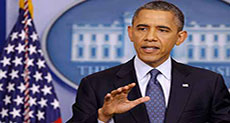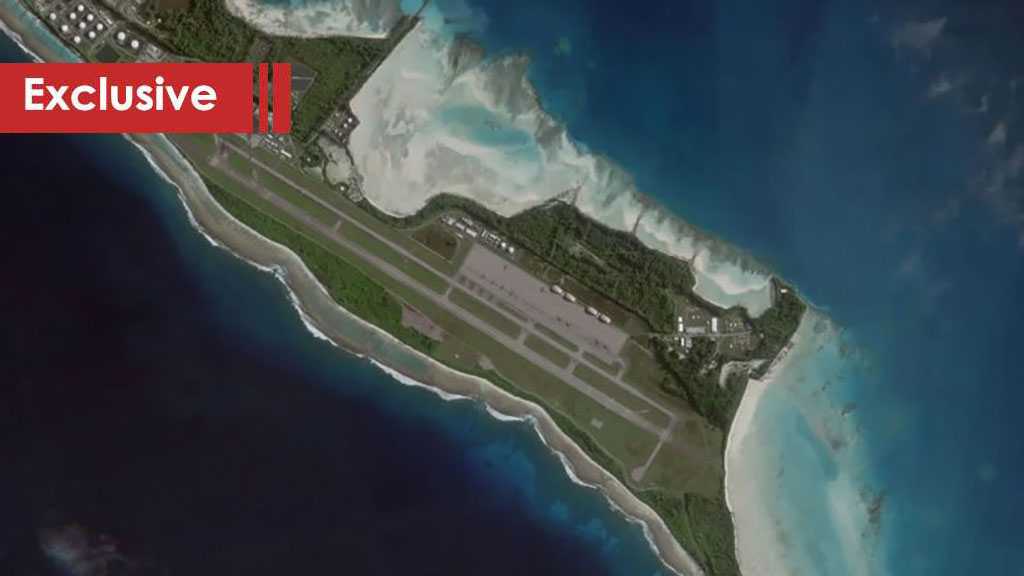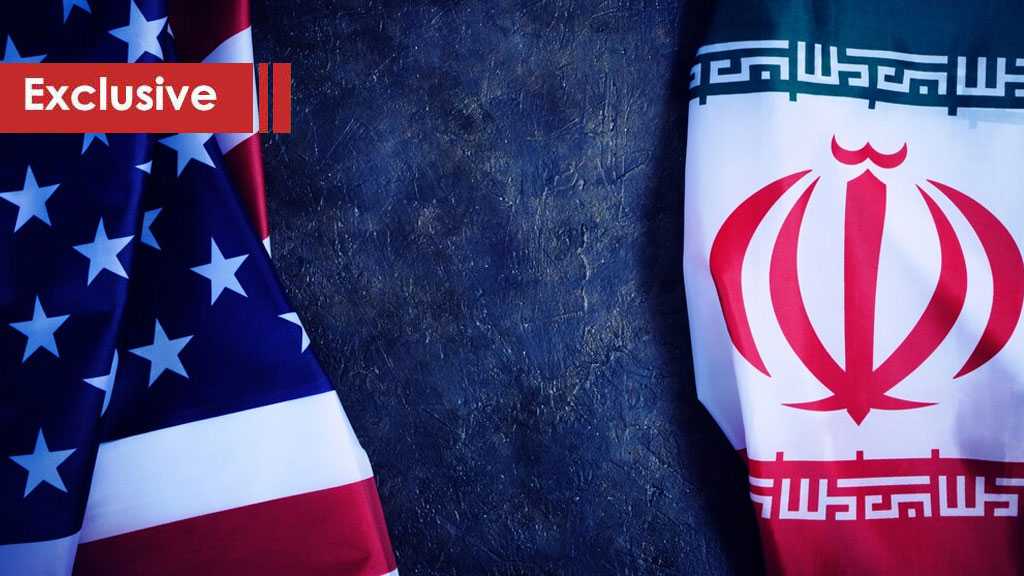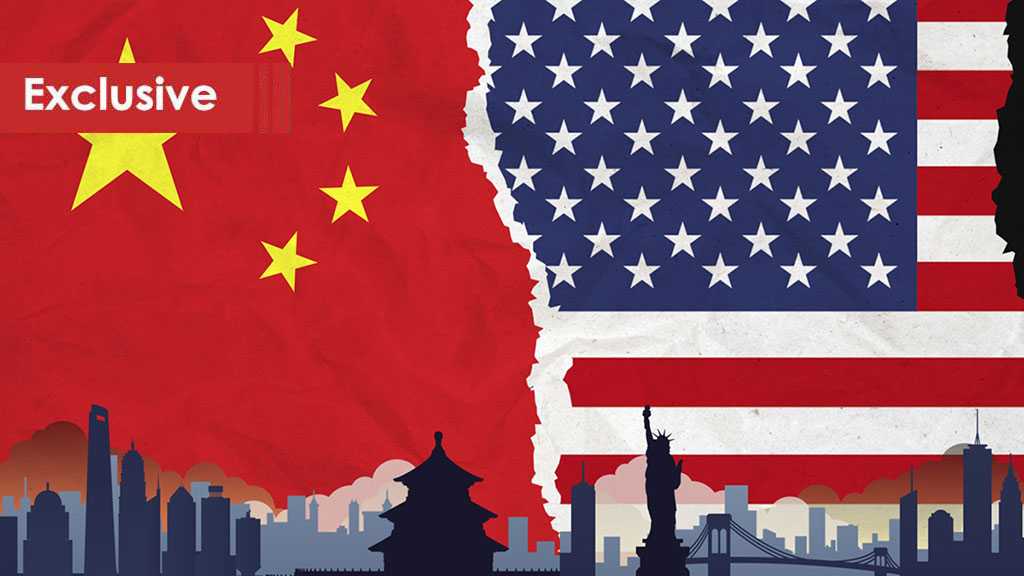Will The American Succeed in the Role of ‘Mediator’?

Hossam Mattar
It is no secret that Obama's Middle East strategy is to try to transform the United States from the role of opponent and enemy, as a player actively involved in the region's conflict, to the role of "broker" or "mediator". That is, transforming the conflict from one between the United States and "extremists", into one between local extremist forces and moderate ones. In other words, changing the conflict into a civil war within the Islamic civilisation, rather than a clash of civilisations.

This would enable the American to present himself as a mediator in this civil war, thus benefitting from both sides. However, these gains are restricted by the need to take a number of requests of its allies into account, and accommodate Iran into the regional equation.
The efforts of Obama to adjust the role of the United States from one exerting direct hegemony, into that of a "broker", seems to be a rational choice in light of what American power faced of setbacks since the year 2000. Direct hegemony led to a process of exhausting all elements of American power, whereas the role of "broker" ensures sustainable American influence at a relatively low cost, but of course, producing less American gains. This American transformation was (previously) not even considered an option, if not for the blows it suffered from the axis of resistance, and due - in parallel - to shifts in the international system as a whole.
In order to perfect the new role, the US seeks to exhaust the axis of resistance in order to reduce the price it must pay, just like one who imposes on you a fixed price for a property by deliberately setting fire to one room. You would prefer a small profit than losing the whole property.
Before Obama are two main, related arenas that need to be settled, Syria and Iraq. In the regional theater today, four main powers are present: Iran, Turkey, Saudi Arabia and the ‘Salafi, takfiri jihadists'. It is upon Obama to find a formula that takes all of these powers into account when making any political move.
Obama faces the following dilemmas: he wants to pressure Iran in order to tame it, but in such a way as to not spoil the process of easing relations with it, otherwise causing the region to explode. He wants to curb ‘Daesh' and curtail it due to its over-expansion, and because it has already achieved an essential part of the American agenda, which is sectarian strife and draining the power of the axis of resistance but without angering the Saudis and Turks, or allowing the axis of resistance to have its areas of influence.
He wants to maintain his strategic relationship with the Turks and the Saudis, but without fully adopting their policies in Syria and Iraq. Therefore, every American step towards Iran needs to be counterbalanced by a step towards Turkey and Saudi Arabia, and vice versa.
So it seems Obama is like one walking on a tight rope, attempting to balance between his rival Iran and his allies the Turks and Saudis. For example, it seems that the Americans implicitly consent to the Turkish-Saudi support for the Nusra Front under the name of "Jaish al-Fatah", due to considering it a Syrian, moderate, pragmatic, and popular movement the same logic presented by the Turks for the Muslim Brotherhood in Egypt, and approved by Obama at the time, in return for a Gulf-Turkish acceptance of a reality called the Iranian nuclear deal.
So are we also going to see an American-Gulf-Turkish consensus on scaling-down "Daesh" via American air support, so that the Nusra Front and the Muslim Brotherhood can take its place in Syria while granting the Free Syrian Army consolation prizes)? In other words, drawing down the military exchanges between the Syrian army and the Nusra [Front], in exchange for focusing attention on an al-Qaeda [Nusra]-Daesh conflict?
Obama faces a series of challenges and obstacles in his quest for "reincarnating" into the role of the mediator and "broker", including: the effect of other arenas such as Yemen on these balances of power, the role of the Republicans in obstructing Obama, internal disagreements within the US administration, the ability to rein in the Nusra Front, the operational capacity to put "Daesh" in its place, the extent of the depth and stability of the Saudi- Turkish understanding, the actions (being taken) by the axis of resistance, and other factors.
If Obama succeeds in this assumed new role, then he would have managed to manipulate the tensions and balances of power according to a reasonable price, preventing the emergence of a strong regional hegemon. The Obama-mind works according to the logic of a "saw", however it moves it eats from the share of all parties, but it moves slowly, cautiously, and sometimes with difficulty. Because, neither is the wood flexible, nor the saw sharp.
Source: al-Ahed news, Translated and Edited by website team
Comments




